Wow, I am so bad at posting wave watching pics recently… Here is everything that happened on my wave watching Instagram @fascinocean_kiel in the last 10 weeks! Enjoy! Continue reading
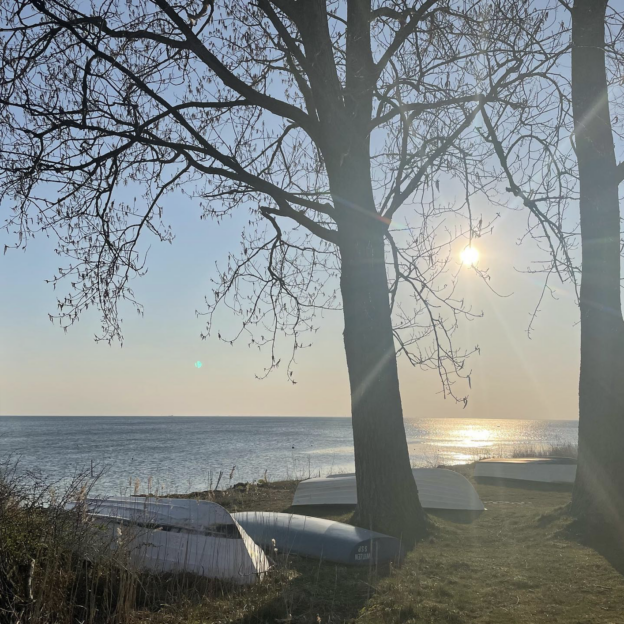

Wow, I am so bad at posting wave watching pics recently… Here is everything that happened on my wave watching Instagram @fascinocean_kiel in the last 10 weeks! Enjoy! Continue reading
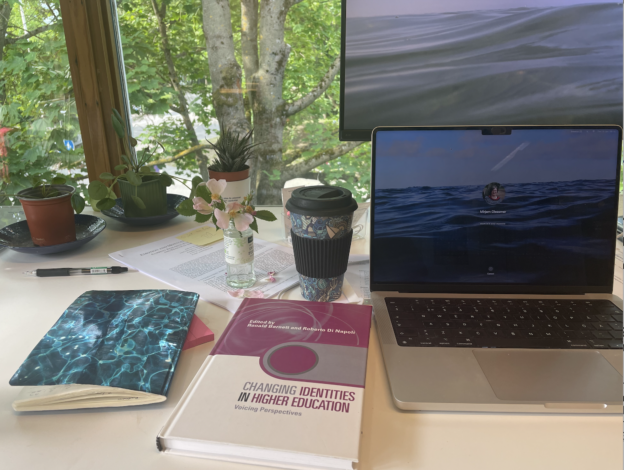
This week, I gave a presentation on “supporting teachers at LTH to teach about sustainability” to an EU project with partners from universities in lots of different countries, and in the beginning I had to explain what my role of “academic developer” even entails, since this kind of job doesn’t exist at many universities. And even though I didn’t refer to the literature yesterday, the Handal-description of a “critical friend” is pretty close to how I see myself!
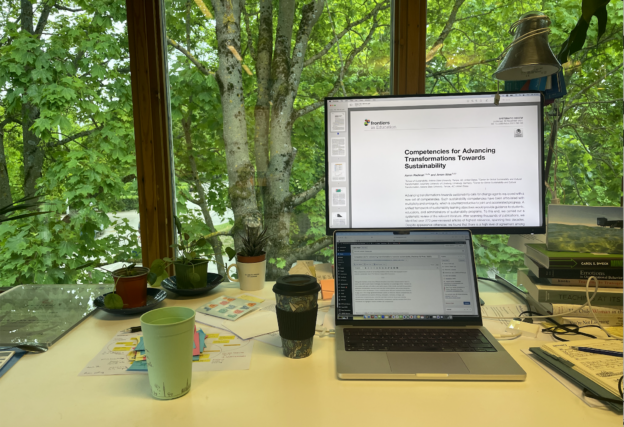
What competencies should we be teaching students so they will be best equipped to work towards a sustainable future? The (really useful, me thinks!) Redman & Wiek (2021) framework.
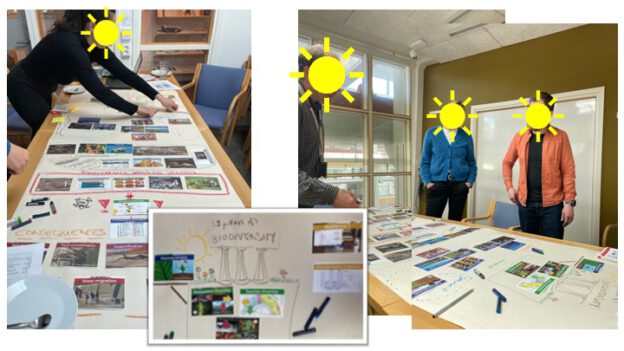
I’m now an official trained facilitator of the Biodiversity Collage (that I wrote about here)!
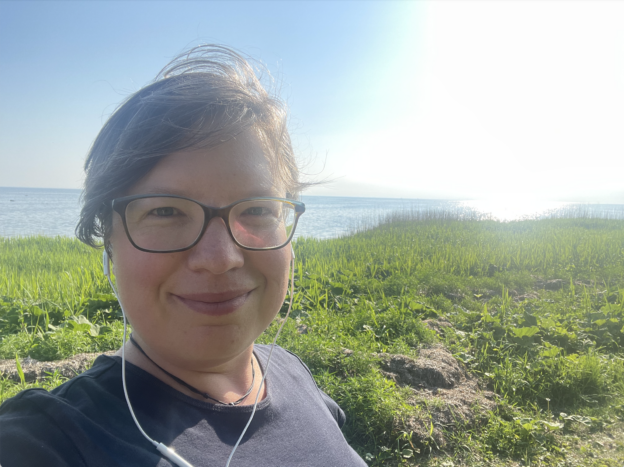
Yesterday I went on a lovely after-work walk with one of my favorite podcasts (check them out, all highly recommended!), and I want to mention two podcast episodes Iistened to recently, through the lens (mixing my metaphors here, but you get the idea) of how to show students that they matter to us as teachers. Continue reading
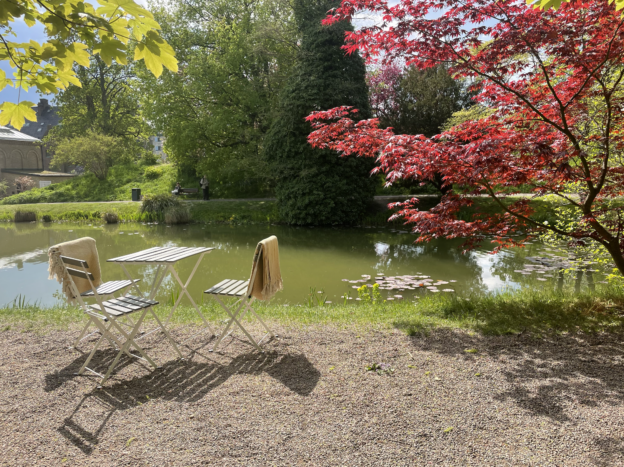
This article has repeatedly been making waves in my circles over the last couple of months: “How well-intentioned white male physicists maintain ignorance of inequity and justify inaction” by Dancy & Hodari (2022). My take-away in a nutshell: Ignorance is bliss. It’s totally worth a read!
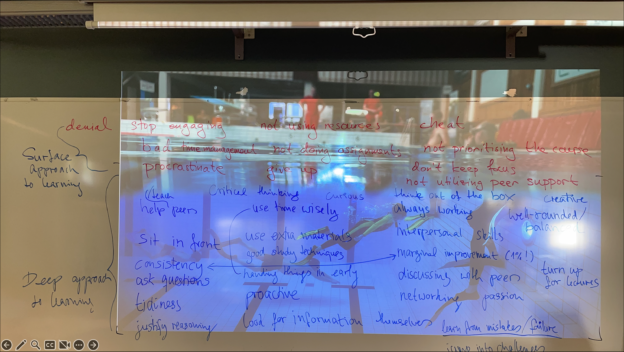
Things I didn’t try beforehand and that still worked out well: asking participants to brainstorm what students do who perform well in their courses, what less successful students do, collecting & clustering keywords for both on the whiteboard, and then projecting a picture from our Active Divers freediving training on top to stress the point that it is a surface APPROACH and deep APPROACH to learning, and rather than an inert quality in a student, that it’s often a strategic decision which one is being used (and a surface approach might be the strategic choice in many cases!), and that instruction can encourage one — or the other.
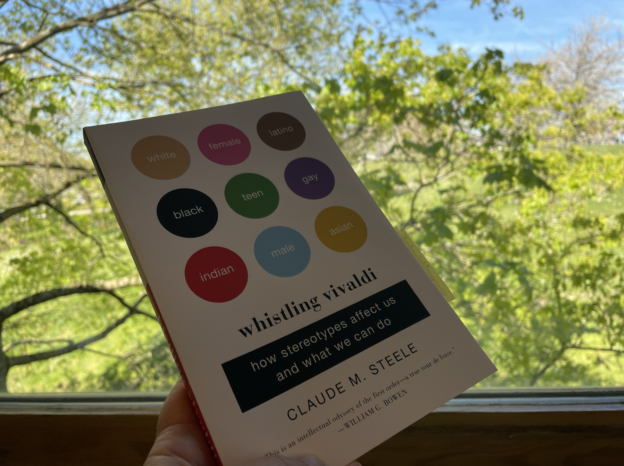
As I was gathering my favorite three books on learning and teaching to wave at the participants of our “introduction to teaching and learning” course today, I realized I never summarized one of them: “Whistling Vivaldi: How stereotypes affect us and what we can do” (Steele, 2011), which is what I am doing below. (The other two? “Communities of Practice“, and “Small Teaching“)
Another article that I just re-read for my teaching next week is Kugel (1993)’s “how professors develop as teachers”. Kugel describes the development of teachers in 6 stages that are very relatable and thus great to discuss, both to identify a current stage for yourself (and possibly teachers you encounter?), to reflect on that, and to get ideas for future developments:
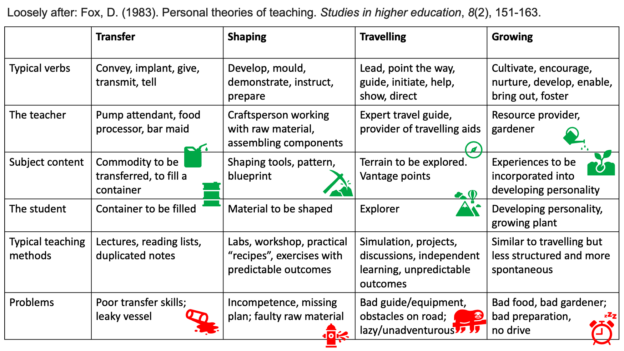
In preparation for next week’s course, I just read Fox (1983)’s “Personal theories of teaching” and decided that it’s worth some time and discussion. So here is what I am planning to do (right now, but plans might change until next Friday…):